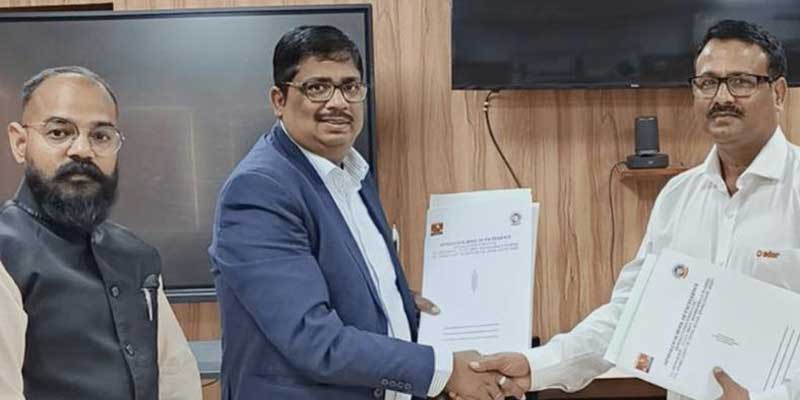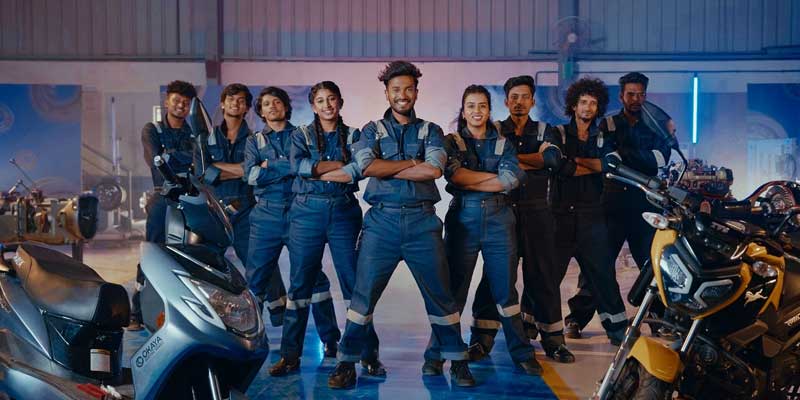Schedule a Call Back
Milking safety through security seals
 Technical Articles
Technical Articles- Aug 01,17

Rajesh Kumar Banka, Managing Director, Safcon Seals Pvt Ltd takes us through the security measures needed to prevent theft and adulteration during transit in diary industry.
In the present progressive world, customers’ demand for highest quality of contamination-free milk whether it’s consumer, food processor or retail industry. Today’s customer no longer depends only on the industry’s reputation and verbal assertion of commitment, earning their trust requires concrete actionable steps. To ensure quality, proper security measures needs to be taken to protect milk tankers, that carry milk between farms and processing units, to prevent pilferage, theft and adulteration and to protect revenue. In addition to issues of theft, it’s even more vital to protect milk from contamination, and hence Dairy Farms should embark on a mission to increase awareness of potential security risks while milk is in transit and commence embracing methods to reduce the risk.
Solution
A security sealing programme, framed for maximum protection, reviewed periodically and continuously improves on identification of potential risks.
Tamper resistant security seals in the dairy industry Reliable tamper resistant security seals must be used at all access points to ensure security of the milk tanker trucks like manholes, pump/valve compartments.
Though there are a variety of plastic and metal seals available but it is always advisable to use all-metal ‘high security’ tamper resistant seals in milk tanker trucks, and plastic tamper evident seals in milk containers, for maximum protection.
All developed countries already have ‘tanker security seal’ policies in place in most milk dairies to reduce the risk of deliberate contamination especially during transit.
The procedures laid out in these policies require the tanker openings to be sealed, with dairies own unique serial-numbered seals, after washing and sanitising. These security seal numbers are to be recorded and traced regularly, to prevent the tankers and its contents from being tampered with. When a load of milk is delivered with missing, broken or improperly recorded seals, an extensive investigation is undertaken as per the policy of the Milk Dairy.
How does the system work?
These unique seal serial numbers are usually recorded on the milk weight document, wash tag or both. Whenever security seals are broken by authorised personnel - like during farm pick-ups or when obtaining tanker load samples - broken seals are kept and replacement seal numbers are procedurally recorded. Seals should be numbered and recorded to provide a chain of custody for each delivery of milk. In addition to unique serial numbers, security ID of the Milk Dairy must be embossed/engraved on the seal for authentication to ensure that no fake seals are used for malpractice.
Universally followed procedures
To assure the consumers further, all milk dairies should follow the sealing guidelines for milk tankers and prevent safe milk from being unnecessarily contaminated. These comprehensive guidelines are particularly designed to reduce the risk of deliberate contamination of raw milk at various levels during collection and delivery of raw milk to processing plants. The goal is to have the access points on milk tankers sealed at all times apart from loading, unloading, washing and other authorised actions. Treat them as general advices that individual companies could use as it is or can choose to modify according to their specific needs or situations.
A Broad Checklist
# After a milk tanker is unloaded and washed, the washing station/plant seals all potential points of access to the interior of the tank with an appropriate sealing device such as a plastic security seal or wire security seal. Each seal should have security ID and an identification serial number for accountability. Access points that require sealing include inlet/outlet valves, manhole cover, vent tube, CIP connections, and any other point that allows one to access the inside of the tank.
# After washing of the tanker and installation of security seals, each security seal is inspected and its serial number is recorded in a document as the ‘seal record’. If wash tags are used as the seal record, they should be printed with unique identifiers (company logo, plant I.D. number, etc.). Wash tags should be accounted for and kept in a secure place by receiving personnel as required by the Project Management Office (PMO).
# When the driver is preparing to leave on his collection route, he needs to keep checks to verify that the serial numbers on the seals correspond to the numbers that were entered in the seal record. If the numbers match, the driver puts his initials on the seal record. If at any time the driver finds that a seal has been broken without his knowledge or that a seal is missing, he should immediately notify the plant or cooperative.
# When the tanker arrives at the first farm pickup, the loading supervisor checks all seals to be sure that none are broken. Then he breaks and removes the seals on the rear door and the outlet valve. The numbers on the broken seals are recorded.
# Never leave the tanker unlocked/unattended.
# At every farm pick-up the loading supervisor seals the inlet/outlet valve, the rear door, or any other point of access that has been opened. The seal numbers are recorded in the seal record.
# When the tanker arrives at the receiving plant, authorised receiving personnel compares the numbers on all seals to the numbers in the seal record. It is highly recommended that the receiving plant maintain a seal verification log. If the seal numbers match, the milk is unloaded. If any seals do not correspond to the seal verification entries, or if any seal is inexplicably broken, the receiving plant does not unload the milk until a further investigation reveals the cause. The steps outlined above are utilised each time the tanker exits the plant until the last load is delivered, even when the milk delivery to the receiving plant is more than once in a day. At the end of the day, after the plant has unloaded and washed the tanker, those points of access listed above are sealed, with the seal numbers entered on the seal record. The cycle for the tanker begins again the next day. A tanker security seal is the one and only tool that can be used to protect your truck and its contents from vandalism. Always be sure to take reasonable measures to ensure the equipment is secured when it is left unattended. Frequent re-evaluation of the procedures must be done to keep them current with the daily activities.
Related Stories
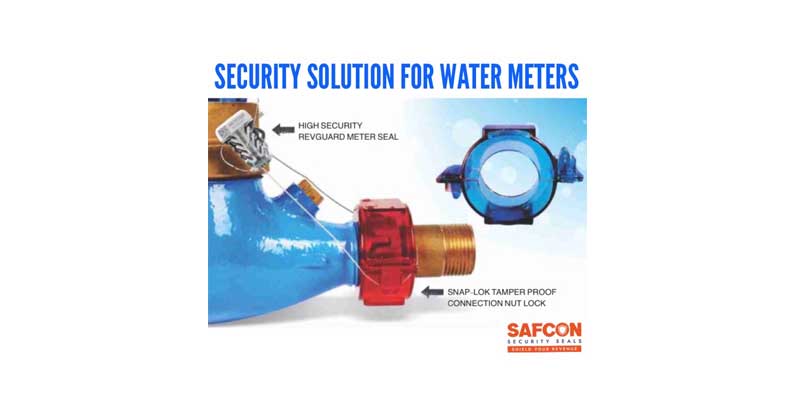
Safcon Seals develops Snap-Lok security solution for water meters
Safcon Seals has developed security solution for water meter protection from theft. Combination of Snap-Lok water meter connection nut lock and RevGuard tamper resistant security seal is most effect..
Read more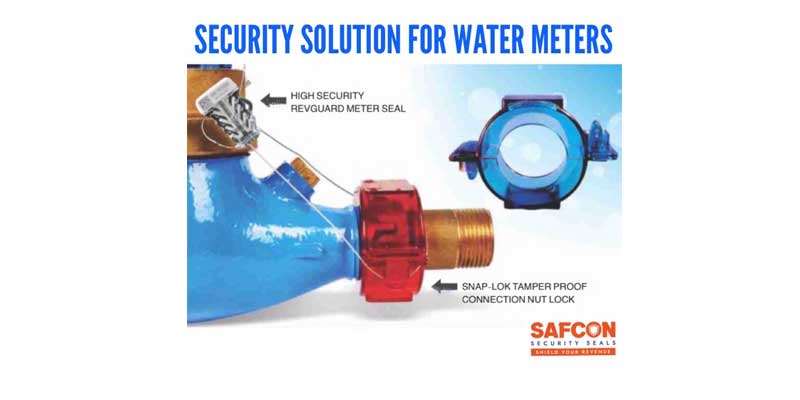
Safcon Seals develops Snap-Lok security solution for water meters
Safcon Seals has developed security solution for water meter protection from theft. Combination of Snap-Lok water meter connection nut lock and RevGuard tamper resistant security seal is most effect..
Read more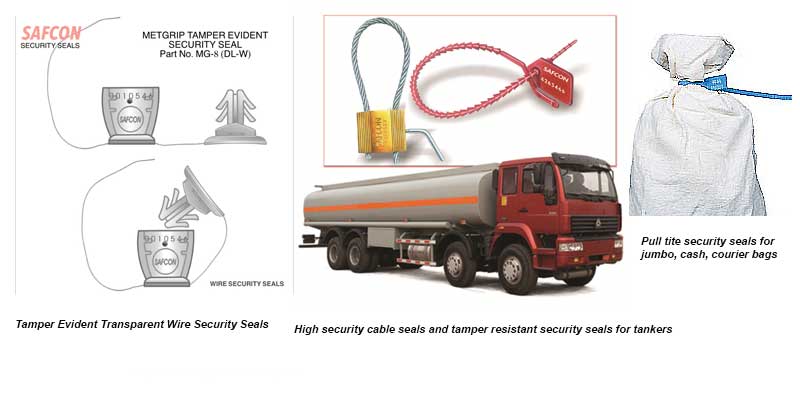
Right security seals used smartly can improve the cargo security
Seals are tamper-indicating devices used to detect and report unauthorised entry says Rajesh Kumar Banka while explaining the significance of seals in the industry.
Read moreRelated Products
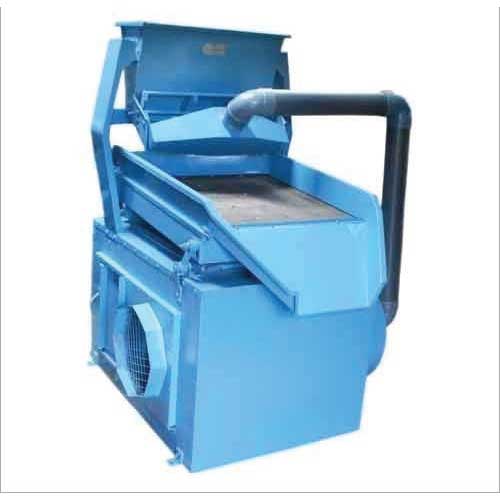
Food Grader Machine
Sree Valsa
Engineering Company offers a wide range of mild steel food grader
machine.
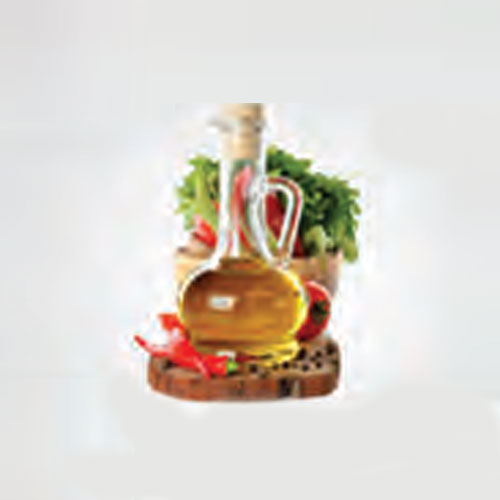
Food Grade Hydrochloric Acid
Aditya Birla Chemicals manufacturers food grade hydrochloric acid.
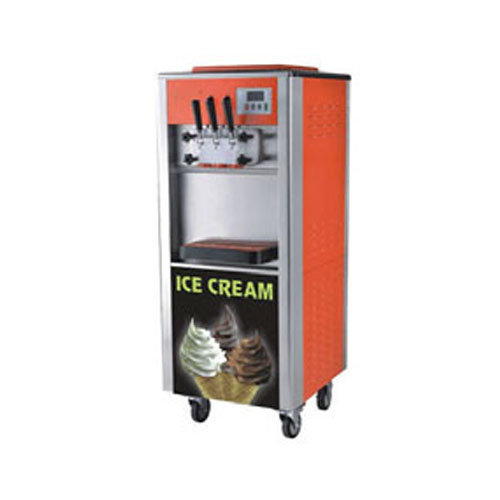
Softy Ice Cream Machine
Sheth
International offers a wide range of softy ice cream machines.




